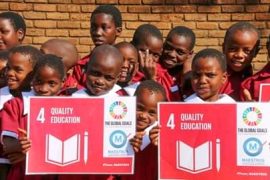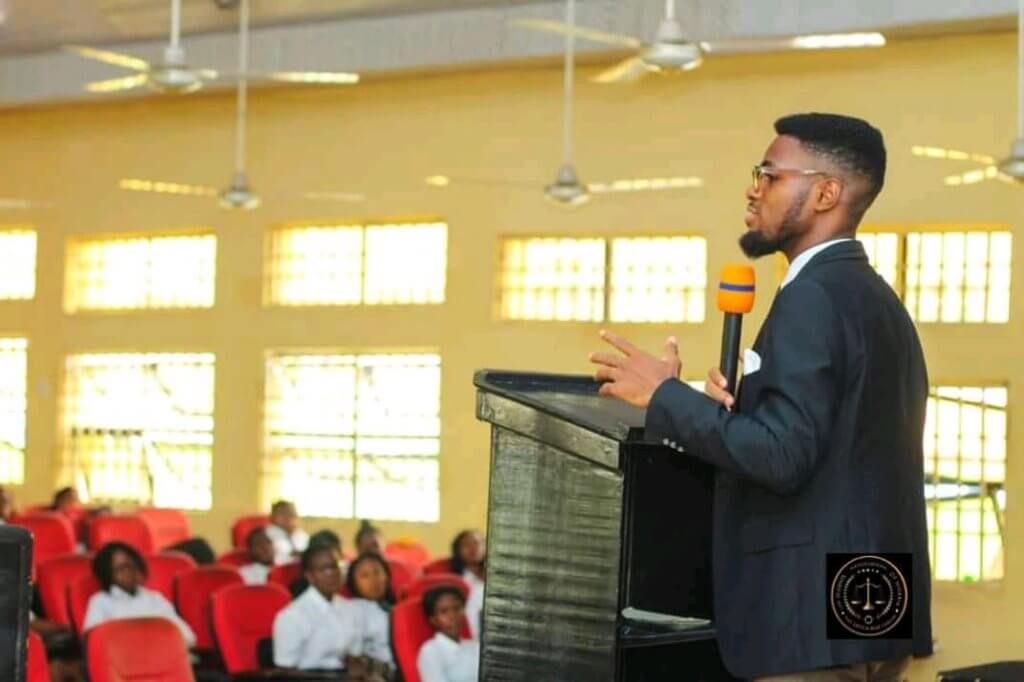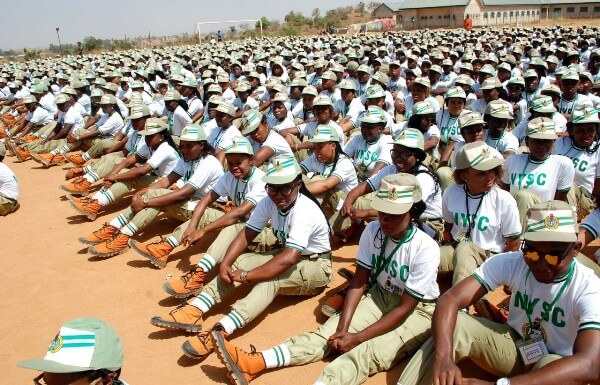Education: Every child deserves a chance

By Ikenna Ugwu, Enugu
May, 2015, United Nations agencies and partners namely UNESCO, UNICEF, UNDP, UNFPA, UNHCR, UN Women, World Bank gathered in Incheon, Republic of Korea. It was a World Education Forum that drew 1,600 participants from 160 countries. The gathering wasn’t to sit in conference hall, drink water and exchange pleasantries. They wanted a better deal for the world’s education. Thus, the Incheon Declaration Education 2030 was adopted, setting out new vision for education for the next fifteen years.
Core to the idea of the “new vision” is to recognise and appreciate “the important role of education as a main driver of development and in achieving other proposed SDGs. It wanted a “renewed education” programme and system. It wanted a world where no one is left behind in education.
However, its four years down the road since the declaration, and eleven years left to achieve landmark “new vision” for education. We recognise that education a collective responsibility. So, how far have we gone? How much have we done? A critical look at the educational settings and institution and a cursory look at the theme of the Incheon declaration will help us understand how much our (if you have made any) effort have gone to facilitate the new vision.
If you have not done anything, begin now. If you are not doing anything, please start now. There is no better time than now. And together we will build a world where all children would be in school and learning.
You are therefore called to make your own mark. Begin today. Look around in your community, identify the needs. See what challenge in education you can mitigate. Join groups, create platforms, network with organisations and stakeholders in education. Inspire children. Engage them. The future of our world is in the classroom!
Meanwhile, in my community, the number of children out in the street hawking fruits and groundnuts, children who brace the odds in markets pushing wheel barrow to make few wads of naira note are nearly half of those in the classroom. There are children who still learn in open spaces, under mangoe and cashew trees; children who are not in school because parents can’t pay school fees or buy exercise books and pencils.
Most schools in my state do not have electricity or other power sources to facilitate learning. Most schools are still without computers and internet services to expose the children to the age of information technology. The schools are still without water and toilet. These are issues we must confront and address individually and collectively.
We see both our past and future in books. Yet, somewhere in my country, there still exist a frightening number of children who do not have libraries in their schools, and where they exist, they are decrepit structures holding obsolete, antiquated books precariously on dusty – or is it rusty – shelves.
Still, somewhere in my Africa, there are many communities where children walk long distances to school. There are still gender issues in education and disabled children still find it difficult to access education. Huge number of children in Africa who find themselves in school are hardly learning. There is always something or someone to blame: parents blame government, government blame teachers and teachers blame government and children.
These are sordid and shocking realities. But things don’t have to be this way. University education may be a privilege and luxury but basic education is definitely not and must not be. The more we talk about not leaving any child behind, the more children are actually left behind. Let us change our tactics and talk more about these children we are leaving behind, lets talk about why they are still behind. Somehow, we may find an enduring solution to some of our most threatening challenges.
Let’s use this occasion of International Day of Education to remind ourselves that at the heart of Education 2030, the Incheon Declaration mandate is to ensure “inclusive and equitable quality education and lifelong learning for all”. It means that the learning environment must be relatively conducive and all barriers to basic education eliminated. But the realities we find around us tend to dwarf and undermine the effort of UN, UNESCO, UNICEF, other international organisations and of course government and all of us. We must do better.
Part of the message from the UNESCO Director-General, Audrey Azoulay, on the occasion of the first ever International Day of Education is succinct and captures the ultimate concern:
“This day is the occasion to reaffirm fundamental principles…”; that “education is a human right, a public good and a public responsibility.” And that “we urgently need to call for collective action for education at global level”.
So again, let’s all be reminded, about the need to observe these fundamental principles concerning education. If we see education as a human right, then we must stop at nothing to ensure that the children receive it; if we believe it’s a pubic good, we should encourage the children knowing that it is a worthy investment; and if we, like Audrey, know it is a responsibility, we must stop all the blame game and share the responsibility.
We must collectively and individually work to hold governments, schools, parents and even teachers accountable. Let us thinks with Dr. Martin Luther King Jr who said that “our lives begin to end the day we become silent about things that matter”. But how can we hold anyone accountable if we do not know who is responsible? It therefore means that we must all be concerned and involved in the education process in our states and communities.
As the world jogs up for another International Day Education celebration this year, we must do so with a demeanour of pride in our achievements and deep concern for what is left undone. The data emerging from UNESCO is still saddening and glaring. In a world where 750 million youth and adult (in 21st century) cannot read and write; where 262 million children and youth are currently out of school, where one child out of 11 does not go to school and one adolescent out of five is left out of secondary school; such world should be wary of the very adverse consequences of this data to our world. The call is to act, to step into the field, to be part of the process. The goal is to encourage, to inspire and assure children of a glorious future where no child is left behind but in school and learning. We must give them a chance. The entire SDGs, when carefully studied can be achieved with so much ease if we achieve #SDG4.
Now, to the children in the rural communities, mine and elsewhere, those out of school and trading their lives away in street and markets; those out of school for reasons they don’t and won’t understand; to those in schools without water and toilet facilities, without books and other education materials; those who like my former president endure school days without shoes on their feet, I join the entire world wishing you happy celebration and a world where every child would be in in school and happy.


